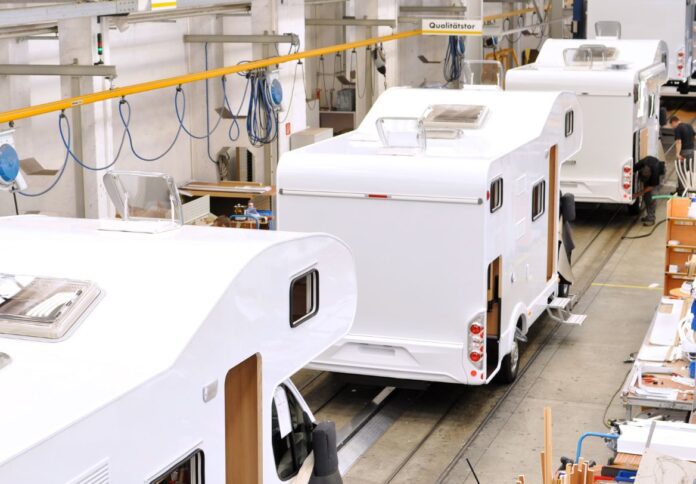
Renewable energy transformation consultancy Partners in Performance (PIP) highlighted the importance of transitioning commercial fleets to electric vehicles in the Labor government’s National Electric Vehicle Strategy.
In addition to pledging that its fleet purchases and leases will be 75 per cent electric by 2025, the Labor government also introduced the Fringe Benefits Tax (FBT) and salary sacrifice.
Under the strategy, there will not be $345 million allocated to the Electric Vehicle Discount, exempting eligible EVs from the FBT and the five per cent import tariff. This translates to savings of $9,000 a year on a $50,000 EV for an employer, or savings of $4,700 for an individual on a salary sacrifice arrangement, according to PIP.
PIP emphasised that as net zero initiatives are taking the stage in the global climate crisis, there is no better time for the rollout of EVs with policy changes and the government’s commitment to enhancing charging infrastructure.
Many automotive manufacturers have committed to increasing the number of EV options within their fleets for the freight and logistics industries, but several barriers to entry for the trucking industry must be considered to increase the uptake of electric trucks.
“A burgeoning economic case with the change to the FBT rules and incoming of utes in a few years is to look at the total cost of ownership. This is for both corporate fleets and salary sacrificing programs, to engage and rapidly increase the uptake of EVs,” said Brian Innes, a partner at Partners in Performance.
“The critical point lies in corporations understanding and managing EV charging infrastructure and home-to-work charging with EVs. Furthermore, corporations will have to get up to speed rapidly, by getting on board with EVs in ways that suit their respective business offerings. They need to be ready to incorporate charging in a way that is feasible to their duties, and wholly understand their role in transitioning to EVs,” Innes added.
PIP commended the Australian government’s recently announced $500 million Driving the Nation Fund, noting that it is going in the right direction with its provisions aimed at improving charging infrastructure along 117 highway sites and hydrogen highways for key freight routes.
















